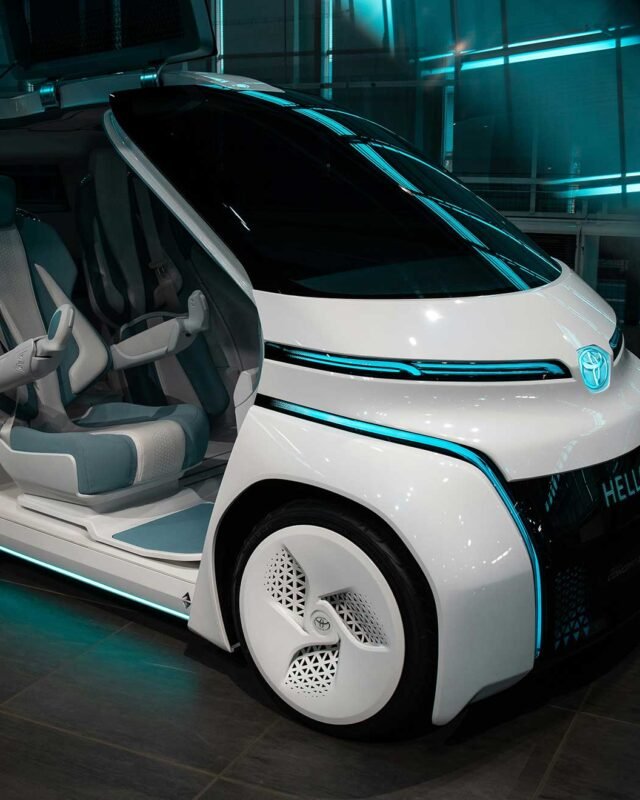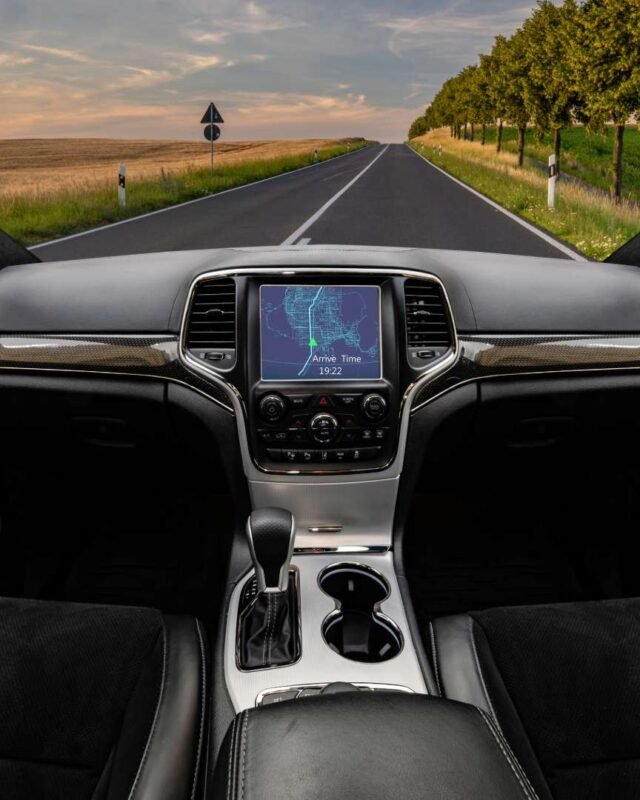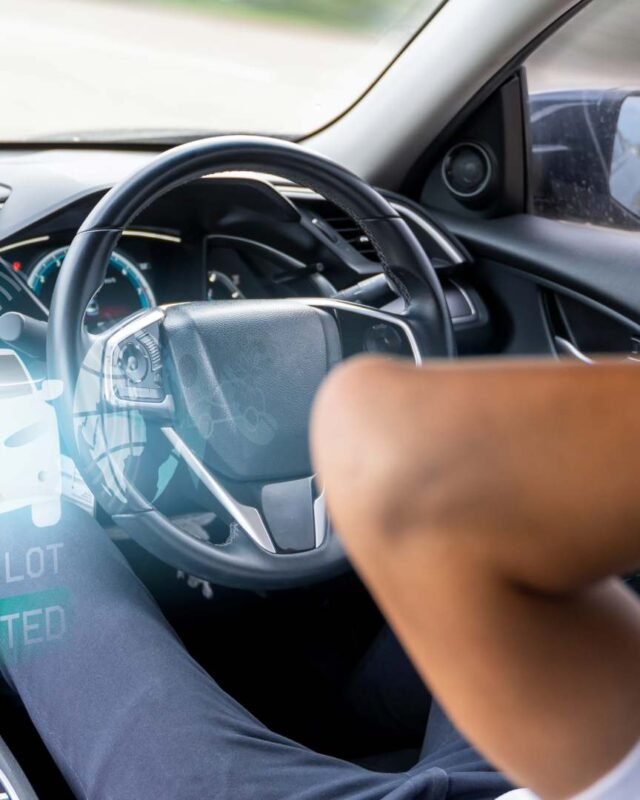The Role of Smart Cities in Saudi Arabia: Advancements and Benefits to Urban Living
Saudi Arabia is making significant strides in urban development through its Smart City Development initiatives, aiming to transform its cities into high-tech, sustainable urban environments. This move aligns with the Vision 2030 plan, which seeks to diversify the economy and reduce dependence on oil. Key projects across the Kingdom are showcasing the potential of smart cities to enhance the quality of urban living through technological advancements and innovative planning.
Key Projects in Saudi Arabia’s Smart City Development
One of the most prominent projects under the Smart City Development umbrella is NEOM, a $500 billion megacity planned to stretch across the northwestern part of Saudi Arabia. NEOM is envisioned as a beacon of technological innovation and sustainability, integrating smart infrastructure with cutting-edge technologies such as artificial intelligence (AI), the Internet of Things (IoT), and renewable energy sources. This ambitious project aims to set new standards for smart urban living, offering residents and businesses an environment that prioritizes efficiency, connectivity, and sustainability.

Another significant project is the Red Sea Project, a luxury tourism and residential destination that emphasizes sustainable development. The project leverages smart technology to manage resources efficiently, ensuring minimal environmental impact. Smart water management systems, energy-efficient buildings, and intelligent transportation networks are some of the features that highlight the project’s commitment to sustainability.
Technological Advancements Driving Smart City Development
At the core of Saudi Arabia’s smart cities are advanced technologies that enhance urban living. AI and IoT play crucial roles in managing city infrastructure, from traffic control to energy management. AI-powered analytics provide real-time data that help city planners make informed decisions, while IoT devices connect various elements of the city, creating a cohesive and responsive urban ecosystem.
Moreover, renewable energy integration is a key component of smart city initiatives. Solar and wind energy projects are being incorporated into the city’s power grid, reducing reliance on fossil fuels and lowering carbon emissions. These renewable energy sources not only contribute to environmental sustainability but also provide a stable and cost-effective power supply for urban areas.
Smart transportation systems are another critical aspect of these developments. Autonomous vehicles, intelligent traffic management, and integrated public transport networks are designed to reduce congestion, improve safety, and enhance the overall efficiency of urban mobility. These systems leverage real-time data and predictive analytics to optimize traffic flow and provide seamless connectivity across the city.
Benefits of Smart City Development to Urban Living
The benefits of Smart City Development extend beyond technological advancements, significantly improving the quality of life for residents. Enhanced connectivity ensures that citizens have access to high-speed internet and smart services, facilitating better communication, education, and business opportunities.
Furthermore, smart cities prioritize environmental sustainability, creating cleaner and healthier urban environments. Efficient waste management systems, green building practices, and renewable energy sources contribute to reduced pollution and a smaller carbon footprint.
Safety and security are also enhanced in smart cities through the use of advanced surveillance systems and AI-driven crime prevention technologies. These systems provide real-time monitoring and quick response capabilities, ensuring that residents feel secure in their urban environments.
Finally, smart cities offer improved healthcare services through telemedicine and digital health records, making healthcare more accessible and efficient. These advancements ensure that residents receive timely medical attention and continuous care, enhancing overall public health.
Conclusion
Saudi Arabia’s commitment to Smart City Development is transforming urban living, making cities more efficient, sustainable, and livable. Through key projects like NEOM and the Red Sea Project, the Kingdom is setting new benchmarks in urban planning and technological integration. These initiatives not only improve the quality of life for residents but also position Saudi Arabia as a leader in smart city innovation, paving the way for a brighter, more sustainable future.



